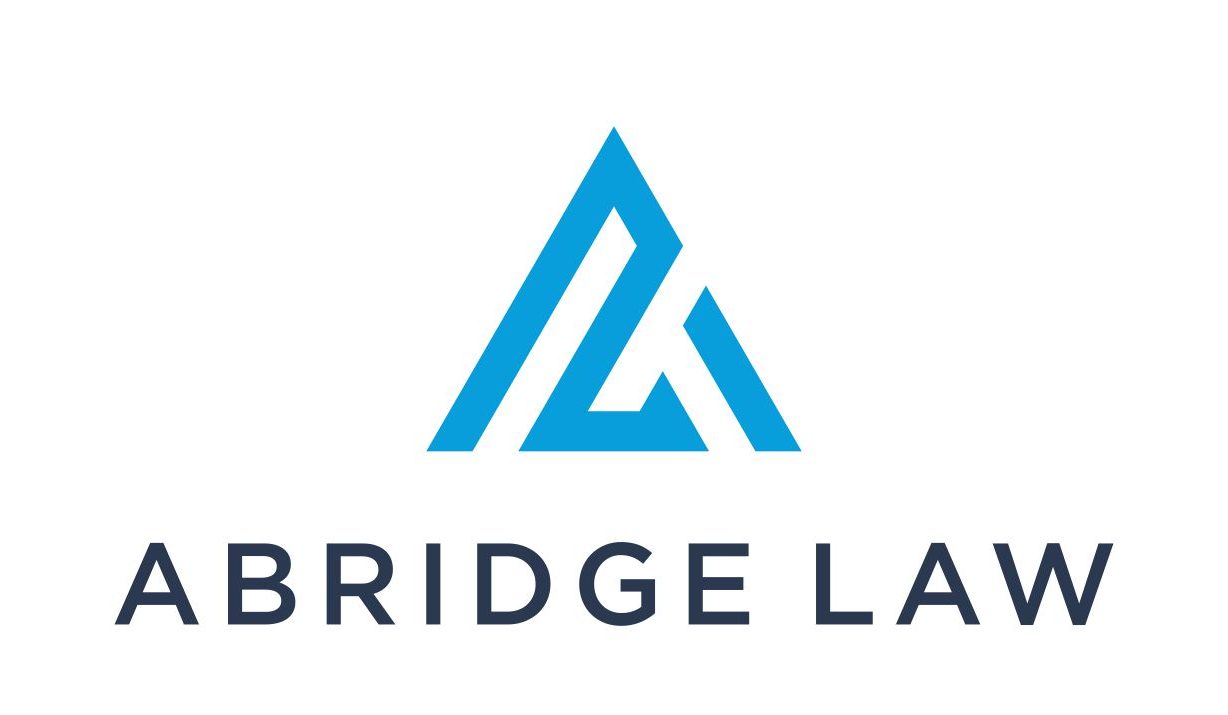
In my 19 years of law practice, I have been in more client pitch meetings than I can count. They generally follow the same format: You tell us about why you are looking to engage legal counsel and then we tell you about our firm’s capabilities, the specific skills of the attorneys in the room, and how we are going to solve your problem. Toward the end of the meeting, when we have convinced you of how wonderful we are, you approach the third rail topic of fees and we all brace for the jolt as the lawyers in the room deliver the shock of various hourly rates and retainer amounts.
You would think that after delivering the shock of hourly bill rates, lawyers would then offer some words of comfort or assurance to reduce some of the sting that they have just caused. They don’t and, in some cases, when clients recovering from the shock of hourly rates ask about flat fees, capped fees or other alternate billings arrangements to try to set some sort of budget, they are met with the response of “Our fees are our fees.”
“Our fees are our fees” is a succinct and firm way of telling clients that the lawyer or law firm alone is determining the value of the services it is providing, that the value provided is not open to question, and that all financial risk in the relationship falls squarely on the client alone. Even when the lawyer discusses a budget and says that the firm will try to stay within the budget, “Our fees are our fees” is the lawyer’s version of “it is what it is” and serves as the get-out-of-jail-free card that absolves the lawyer and the firm when it exceeds that budget. It sets the power dynamic in the relationship to ensure that the firm retains control, not the client. Like I said, cringe-worthy.
Another common phrase that I have heard uttered by lawyers over the years to clients is “We sell time.” There are two very serious problems with this statement. First, it is premised upon the assumption that all time is equally valuable. This is not true. Imagine a situation where you and a friend or loved one are sitting in a room together but both are looking at smart phones and not generally engaged in conversation. Would you consider this time spent to be “quality time” with your friend or loved one? Of course not. Likewise, when you call a lawyer and spend the first few minutes discussing recent vacations before moving onto the legal matter for which that attorney is engaged, was the lawyer’s time discussing his or her recent vacation of equal value to that portion of the discussion spent on your legal problem? Again, the answer here is no. All time is *not* equally valuable.
The second problem with “We sell time” is that this statement shows that the lawyer’s interest is not fundamentally aligned with his or her client’s interests. If you are focused on selling time, your priority is accumulating (selling) as much time as possible. Clients’ priorities, in contrast, are focused on outcome and efficient resolution. The lawyer’s priorities and the clients’ priorities end up competing against one another.
Many lawyers do not do a very good job articulating their value proposition but the real value of what lawyers provide to clients is not time but access to knowledge and skill that can be deployed to produce a desired outcome (or to come as close to the desired outcome as possible). Knowledge, skill and outcome are what clients truly value. However, instead of coming up with a fee structure that is based upon knowledge + skills + outcome = value, we use time as a crude approximation of these three things. Having used the crudest method of measurement available, some of us then resort to trite statements of “Our fees are our fees” and “We sell time” to defend us when a client, upon receiving an invoice, determines that time does not equal value.
Fortunately, there is a small but growing number of lawyers working on coming up with better ways of aligning what client’s value with legal fee structures. There is no perfect answer yet and my expectation is that there will continue to be much more trial and error before new billing models firmly take root across many more firms. Until then, try to find the lawyers and firms that are leading the way with offering alternative fee models or, at the very least, do not say “Our fees are our fees” or “We sell time”. You and your wallet will likely have a much better experience with that law firm if you do.

